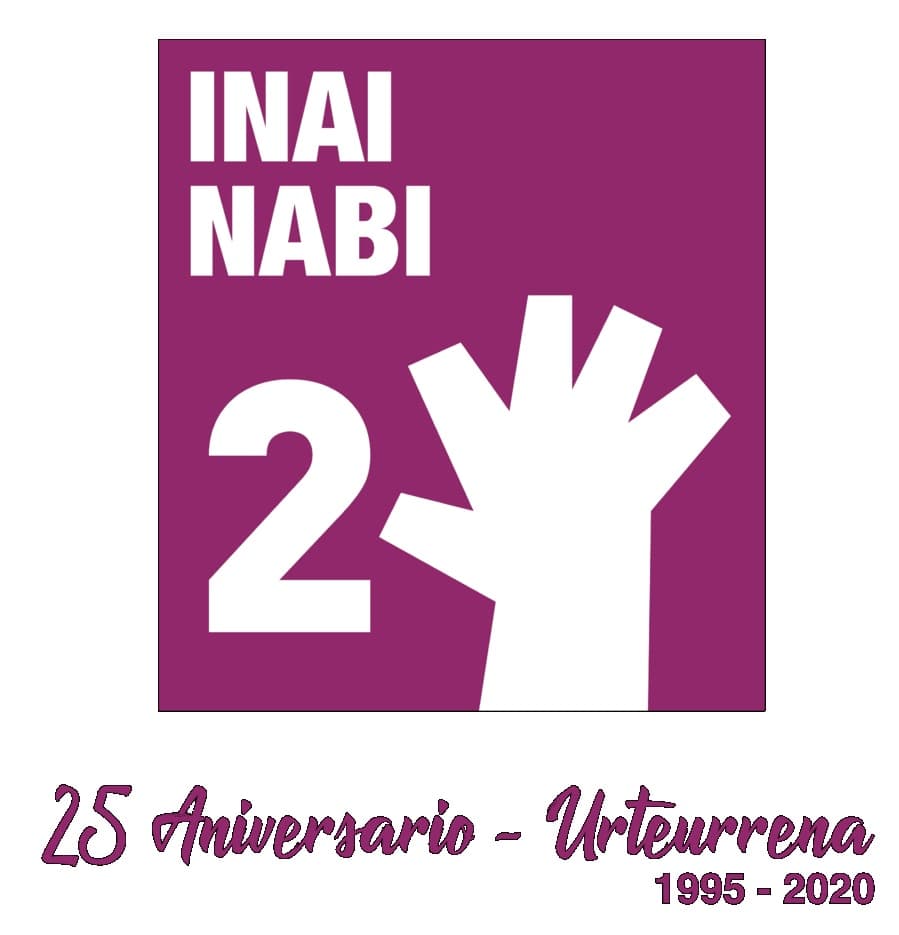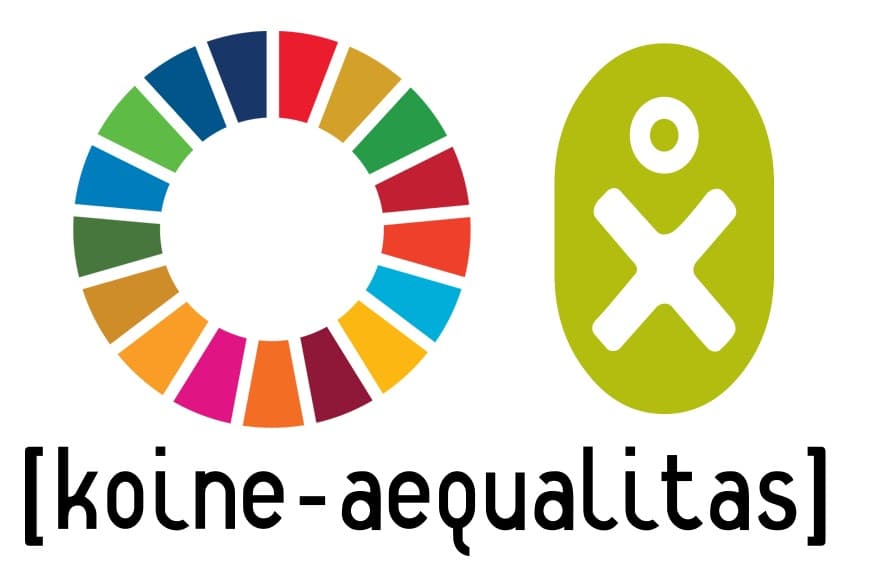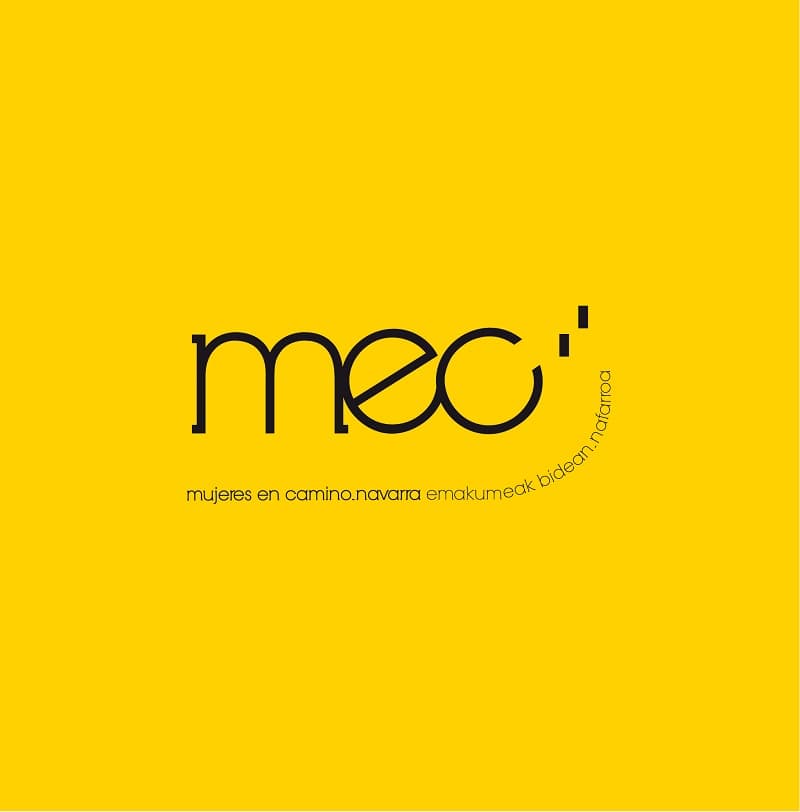WOMEN ON THE WAY is a project that aims to promote the progress and promotion of women in Navarre society in the context of the Camino de Santiago, taking advantage of the fact that it is a scenario of recognition and prestige in our society that can give greater visibility to social participation of women and development towards a common goal, as happens on the Camino de Santiago.
With the development of this project, the KOINE EQUALITAS FOUNDATION, intends to unite the work it has been doing with different groups of women, seeking to generate the necessary meeting, inspiration and mentoring spaces among women managers and in positions of responsibility, who have traveled “their way” to access these spaces of recognition and social visibility, and women from Navarre society who identify personal, social and professional challenges, with the aim of creating individual networks that help overcome existing barriers to meeting their development goals.
PROJECT OBJECTIVES
The main objective of the project is to promote the creation and promotion of support networks among women that help to overcome the existing barriers to the fulfillment of their development objectives at a personal, social and professional level.
As derived objectives we can point out:
Consolidate the presence and promote participation
Consolidate the presence and promote participation, with a gender perspective, of women in decision-making processes and spaces, in the management and direction of business, social and political entities.
Promote the generation of intergenerational agreements between women
Promote the generation of intergenerational agreements between women and stimulate their networking.
Make them visible to women who play roles that break gender mandates
Make them visible to women who play roles that break gender mandates and contribute to the elimination of gender-based stereotypes.
Work on the multiple inequalities
Work on the multiple inequalities that arise from intersectionality with other variables such as age, functional diversity, sexual orientation or gender identity.


